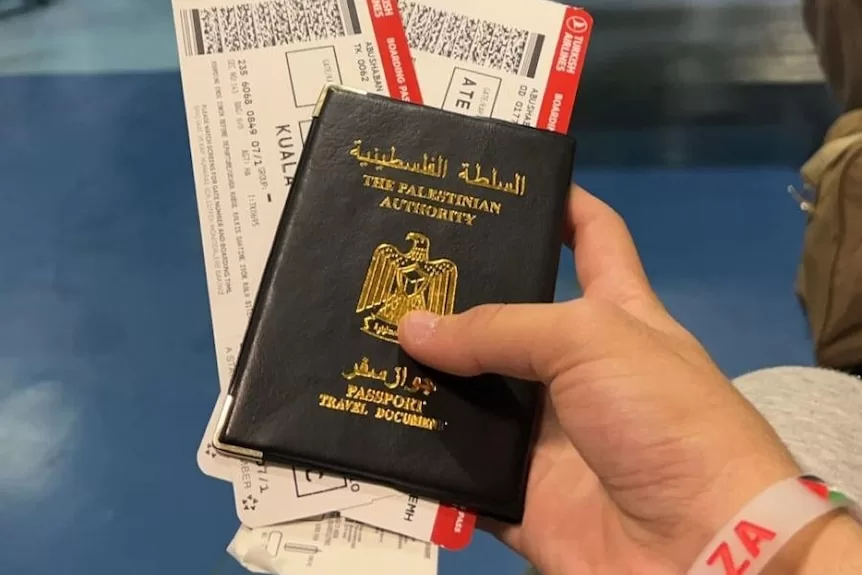- In short: The ABC understands Home Affairs has reversed its decision in some instances when it cancelled visas previously granted to Palestinians.
- Most of the visas are temporary visas with character requirements, granted on the basis the holder will eventually return home.
- What’s next? Many Palestinians are still seeking a way out of Gaza, as Israel’s government gears up for an attack on the city of Rafah.
The federal government has reversed the cancellation of Australian visas for some Palestinians fleeing Gaza.
Some Palestinians have been left stranded after finding out their temporary Australian visas had been suddenly cancelled.
Many had already left Gaza, leaving them in third countries without a visa to travel to Australia.
The federal government has suggested visas were cancelled in some cases where people had left Gaza “without explanation” of how they fled, or where other circumstances had changed.
Some were told in cancellation letters that it had been determined they had “never intended” to stay in Australia temporarily.
But it’s understood some of these decisions are now being reversed, with additional security and other checks conducted by the Home Affairs department now complete.
It is not known how many visas had been cancelled, or how many have now been reinstated.
More than 2,200 visas have been granted to Palestinians since the October 7 terror attacks, along with 2,400 for Israelis.
Most of the visas granted to Palestinians are temporary visas, granting the visa holder essentially the same rights as a tourist temporarily visiting Australia.
There are character requirements that come with the visa, and they are granted with the intention the visa holder will eventually return home.
Speaking on the decision to cancel visas earlier in the week, Prime Minister Anthony Albanese said those sorts of decisions are heavily considered.
“This has been a difficult situation for people. I understand that it’s a very difficult circumstance for families,” he said.
“These decisions are made upon advice, based upon individuals.”
